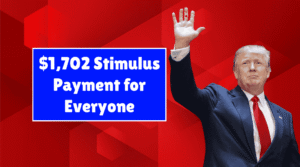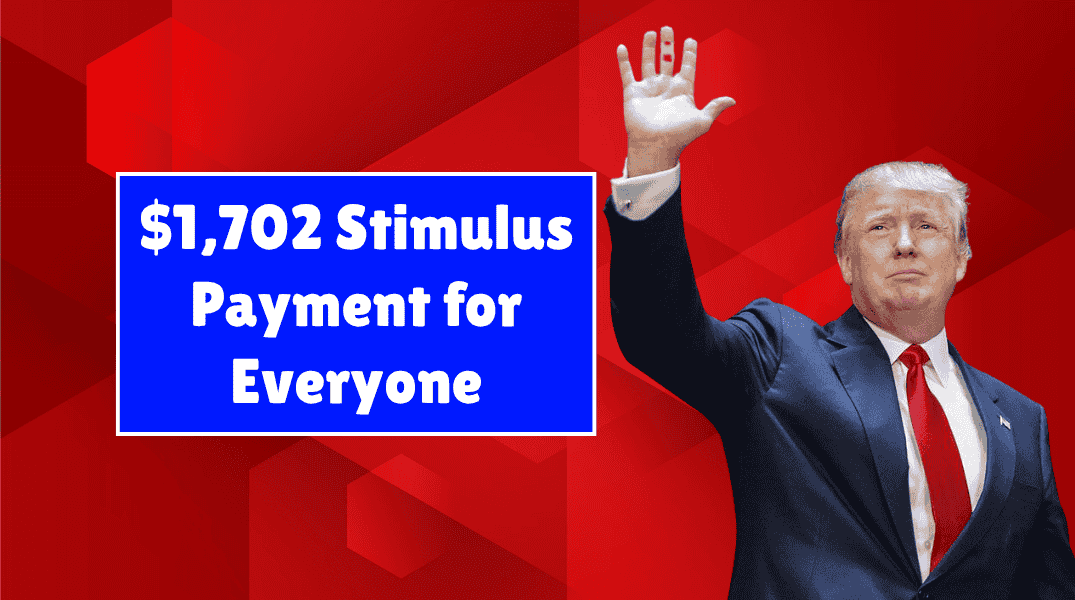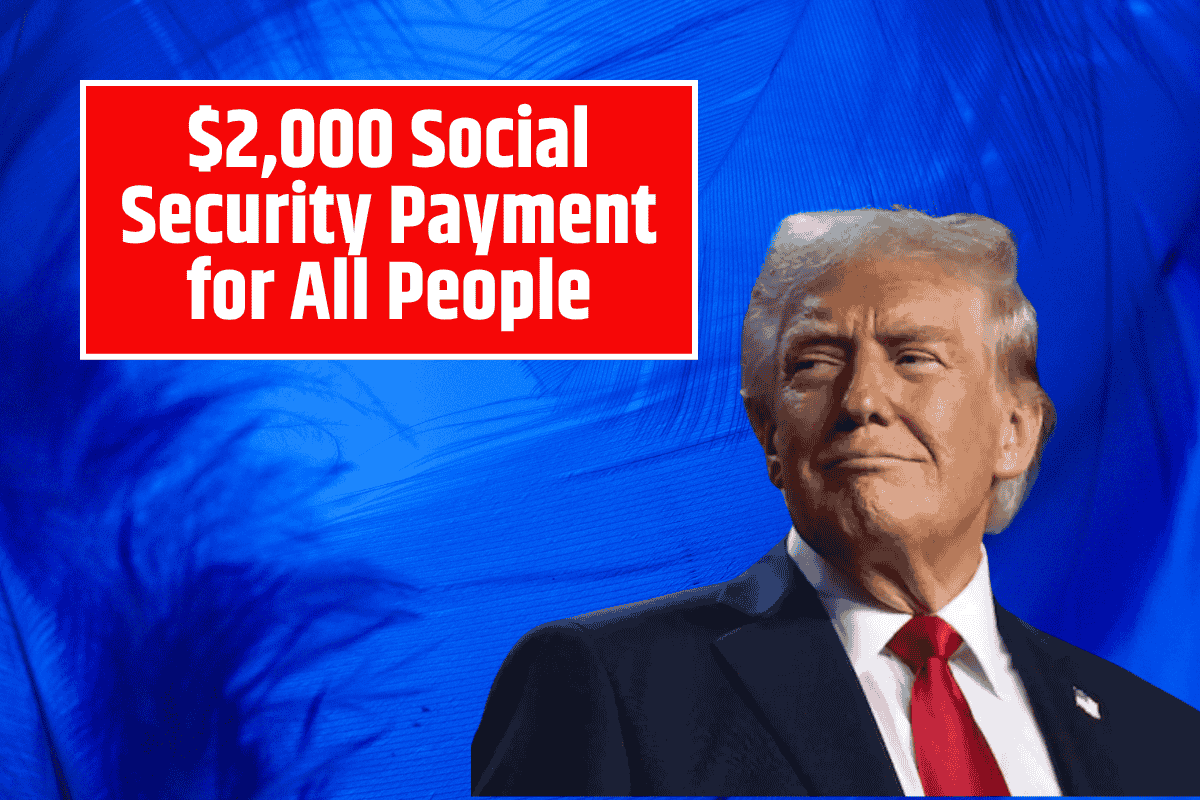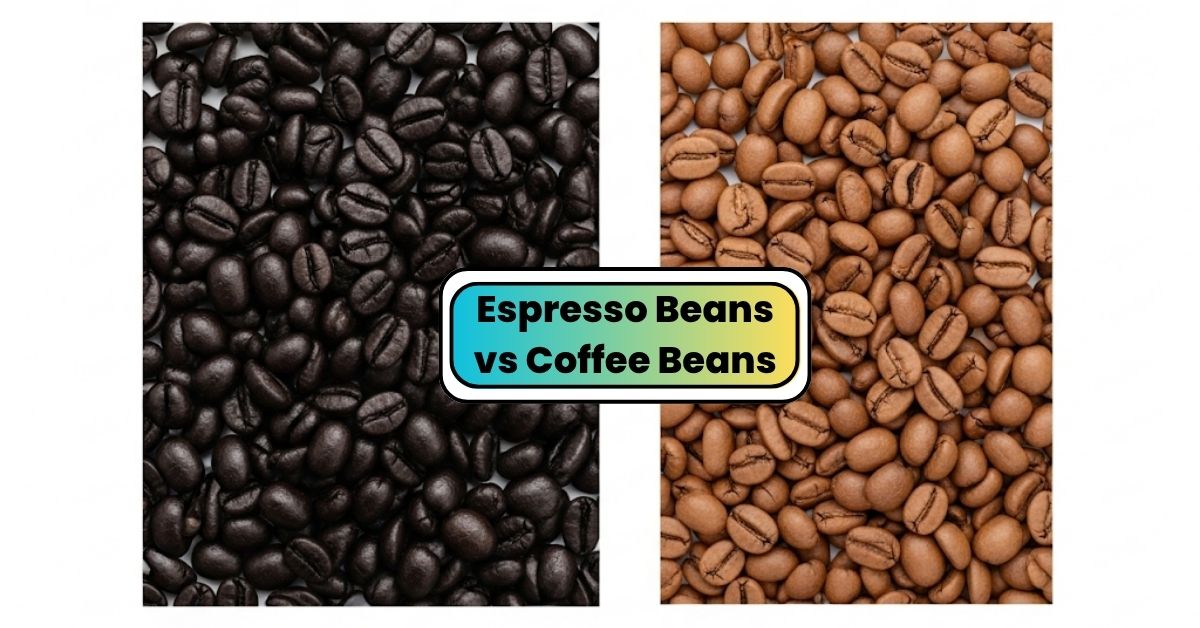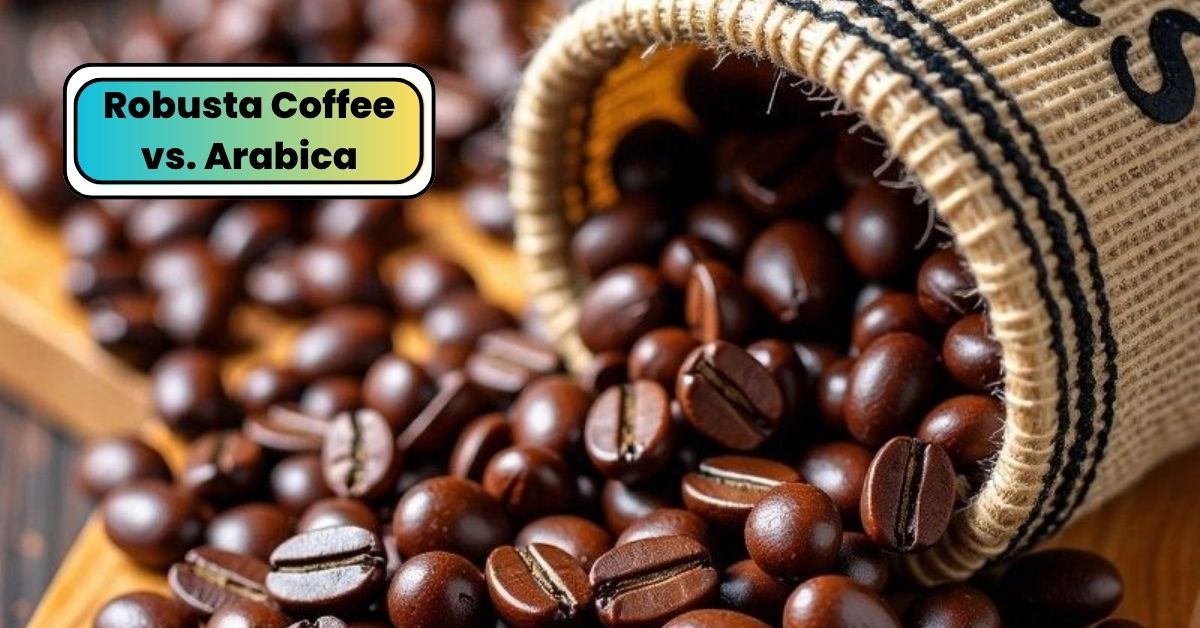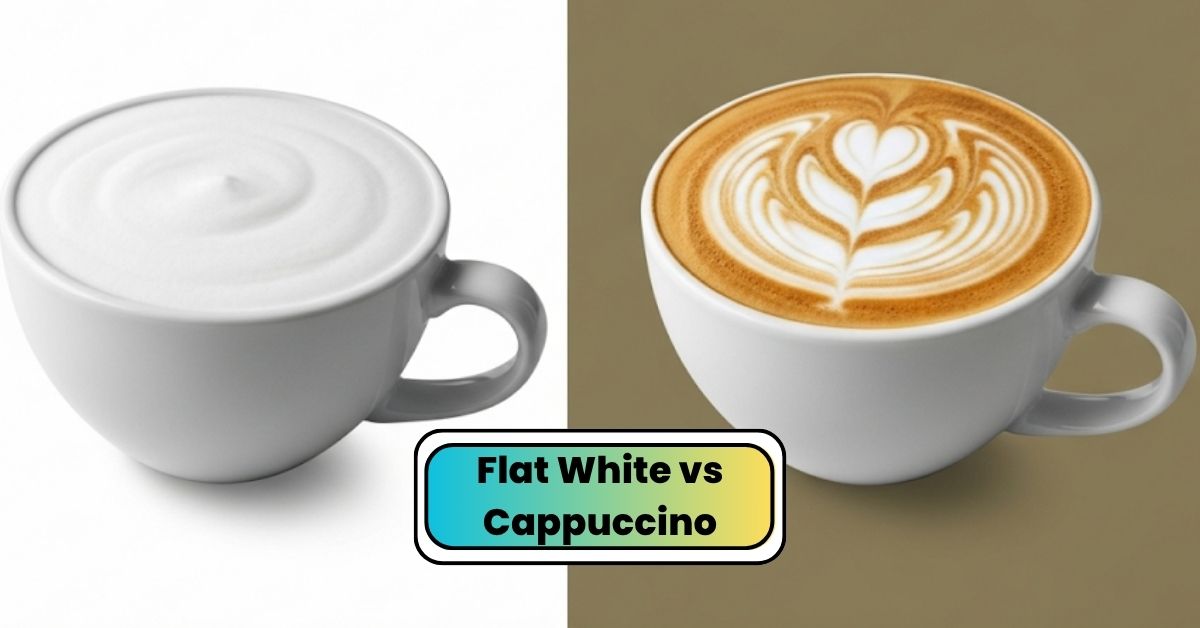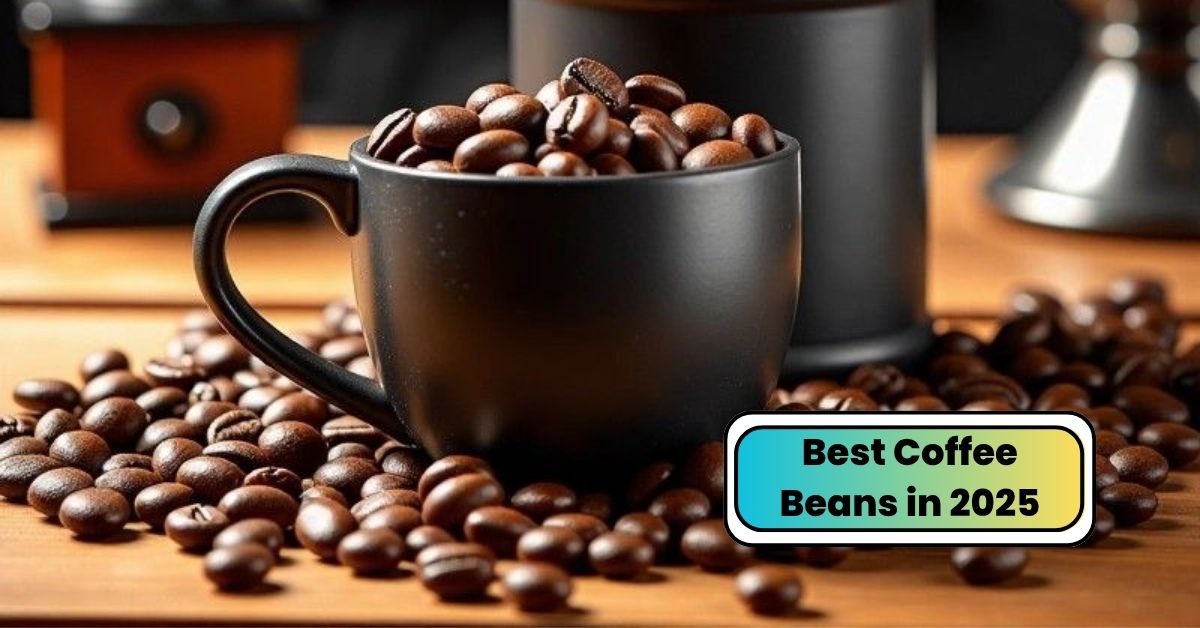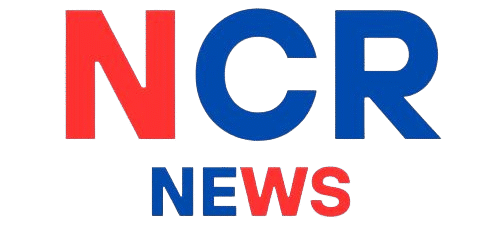$1,112 Stimulus Payment for Everyone: In June 2025, Colorado residents could be eligible for a $1,112 stimulus payment as part of the state’s Property Tax, Rent, and Heat Rebate Program.
This initiative aims to help low-income seniors, surviving spouses, and individuals with disabilities who are facing rising living costs.
If you are eligible, this payment can assist you with essential expenses such as rent, property taxes, heating bills, food, and medications.
$1,112 Stimulus Payment for Everyone – Key Information at a Glance
| Category | Details |
|---|---|
| Stimulus Amount | $1,112 |
| Program Name | Property Tax, Rent, and Heat Rebate Program |
| Target Audience | Low-income seniors, surviving spouses, individuals with disabilities |
| Eligibility Criteria | Colorado residency in 2023, age 65+/surviving spouse 58+/qualifying disability |
| Income Limits | Single: $18,026; Married: $24,345 |
| Application Deadline | June, 2025 |
| Payment Start Date | January 2025 (for timely applications) |
| Late Application Impact | Potential delay until October 2025 |
Understanding the $1,112 Relief Program
The $1,112 stimulus payment is specifically designed to provide targeted assistance to vulnerable populations who need help managing everyday costs.
Unlike federal programs that provide broad financial support, this program is aimed at people with fixed incomes who have difficulty covering expenses like rent, heating, and medical bills.
Eligibility Requirements
To qualify for the $1,112 stimulus payment, you must meet specific criteria, including:
Residency
You must have been a Colorado resident throughout 2023.
Age and Status
You need to be either:
- 65 years of age or older,
- A surviving spouse aged 58 or older,
- Or an individual with a qualifying disability as recognized by the state.
Income Limits
- Single filers must have an income of $18,026 or less.
- Married couples filing jointly must have an income of $24,345 or less.
Required Documentation
Applicants must provide proof of qualifying expenses. This can include:
- Rent payments,
- Property tax bills,
- Heating costs,
- And other relevant documentation from the previous year.
Application Process and Required Documentation
To apply for the $1,112 stimulus payment, follow these steps:
1. Gather Documentation
Make sure to collect the necessary documents, including:
- Proof of Colorado residency (like lease agreements or utility bills),
- Income verification (Social Security statements or pension statements),
- Proof of qualifying expenses (such as receipts for rent, property taxes, or heating costs).
2. Submit Your Application
You can apply online via the Revenue Online portal, or mail a printed application.
3. Application Deadline
Be sure to submit your application by June 10, 2025. Late applications could result in delayed payments, so it’s important to apply on time.
Payment Distribution and Usage
Once you are approved for the $1,112 stimulus payment, you can choose to receive it as a lump sum or in quarterly installments. The payment can be used for essential expenses such as:
- Rent,
- Heating bills,
- Property taxes,
- Groceries, and
- Medications.
This financial support can greatly ease the burden of rising living costs and provide stability to your household.
Payment Timeline
The payment distribution will begin in January 2025 for those who submit their applications by the June 10 deadline. However, if you submit your application after the deadline, you may experience a delay in receiving your payment, possibly not receiving it until October 2025.
The $1,112 stimulus payment in June 2025 offers important financial relief to Colorado residents who are struggling with high living costs.
By understanding the eligibility criteria, application process, and payment details, you can ensure you receive this support on time.
Be proactive and gather the necessary documents to avoid delays in receiving this crucial assistance. Stay informed and apply before the June 10 deadline to benefit from this valuable program.
FAQs
Who is eligible for the $1,112 Colorado Stimulus Payment?
To qualify for the $1,112 Colorado Stimulus Payment, you must meet the following requirements:
– Be a Colorado resident for the entire year of 2023.
– Be 65 years or older, a surviving spouse aged 58 or older, or an individual with a qualifying disability.
– Have an income of $18,026 or less if filing as a single person, or $24,345 or less if filing jointly as a married couple.
How can I apply for the Colorado Stimulus Payment?
You can apply for the $1,112 stimulus payment online through the Revenue Online portal or by mailing a printed application. Make sure you have all the necessary documents ready, including proof of Colorado residency, income verification, and proof of qualifying expenses. Applications must be submitted by June 10, 2025.
What documents do I need to submit with my application?
The documents required for application include:
– Proof of Colorado residency (e.g., utility bills, lease agreements).
– Income verification (e.g., Social Security statements, pension statements).
– Proof of qualifying expenses (e.g., rent receipts, property tax bills, heating costs from the previous year).
When will I receive my $1,112 payment?
If you submit your application by the June 10, 2025 deadline, you should start receiving your $1,112 payment in January 2025. However, if you submit the application late, you may experience a delay, and the first payment could be delayed until October 2025.
Can I use the $1,112 stimulus payment for any expenses?
Yes, the $1,112 stimulus payment can be used to cover essential expenses, including rent, heating bills, property taxes, food, and medications. It is designed to support those struggling with daily living costs.
Can I choose how I receive my payment?
Yes, you have the option to receive your $1,112 stimulus payment either as a lump sum or in quarterly installments. You can choose the option that works best for your financial needs.
What happens if I miss the June 10 application deadline?
If you miss the June 10, 2025 deadline, your payment may be delayed. Late applications may result in you receiving your payment later, possibly not until October 2025.


